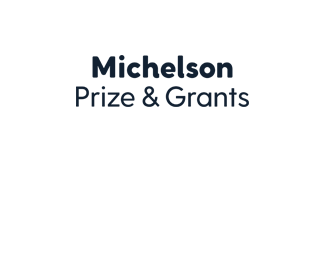Scientific Advisory Board
The Scientific Advisory Board of the Michelson Prize & Grants program is composed of world-class leaders from the scientific research and veterinary medical communities. Our advisors have an average of 30 years of relevant professional experience in areas such as reproductive biology, immunology, laboratory animal welfare, and regulatory affairs. The board provides valuable feedback to grant applicants at both the letter of intent and proposal stages.
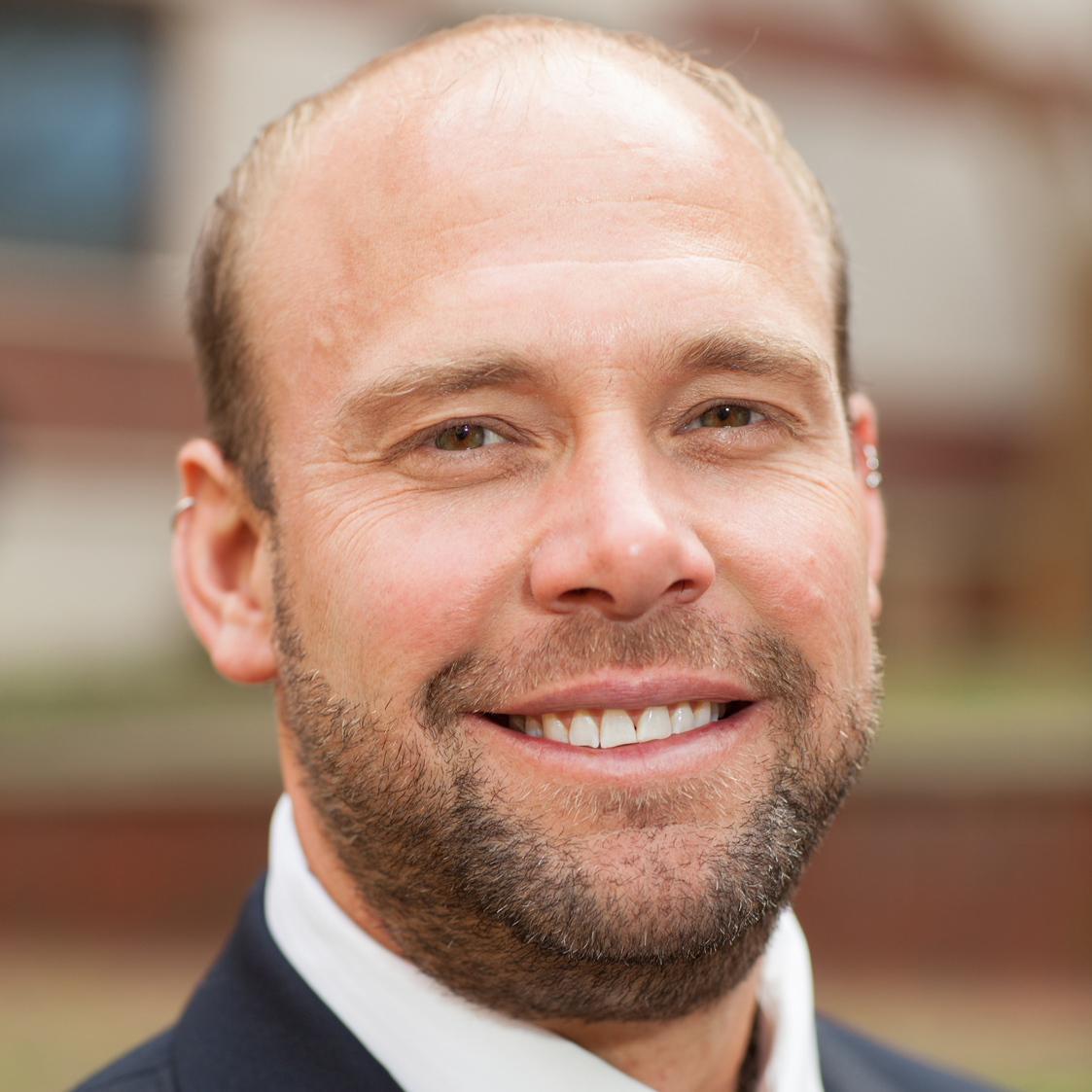
Thomas J. Conlon, PhD
Michelson Found Animals Foundation
Chief Scientific Officer & Scientific Advisory Board Chair
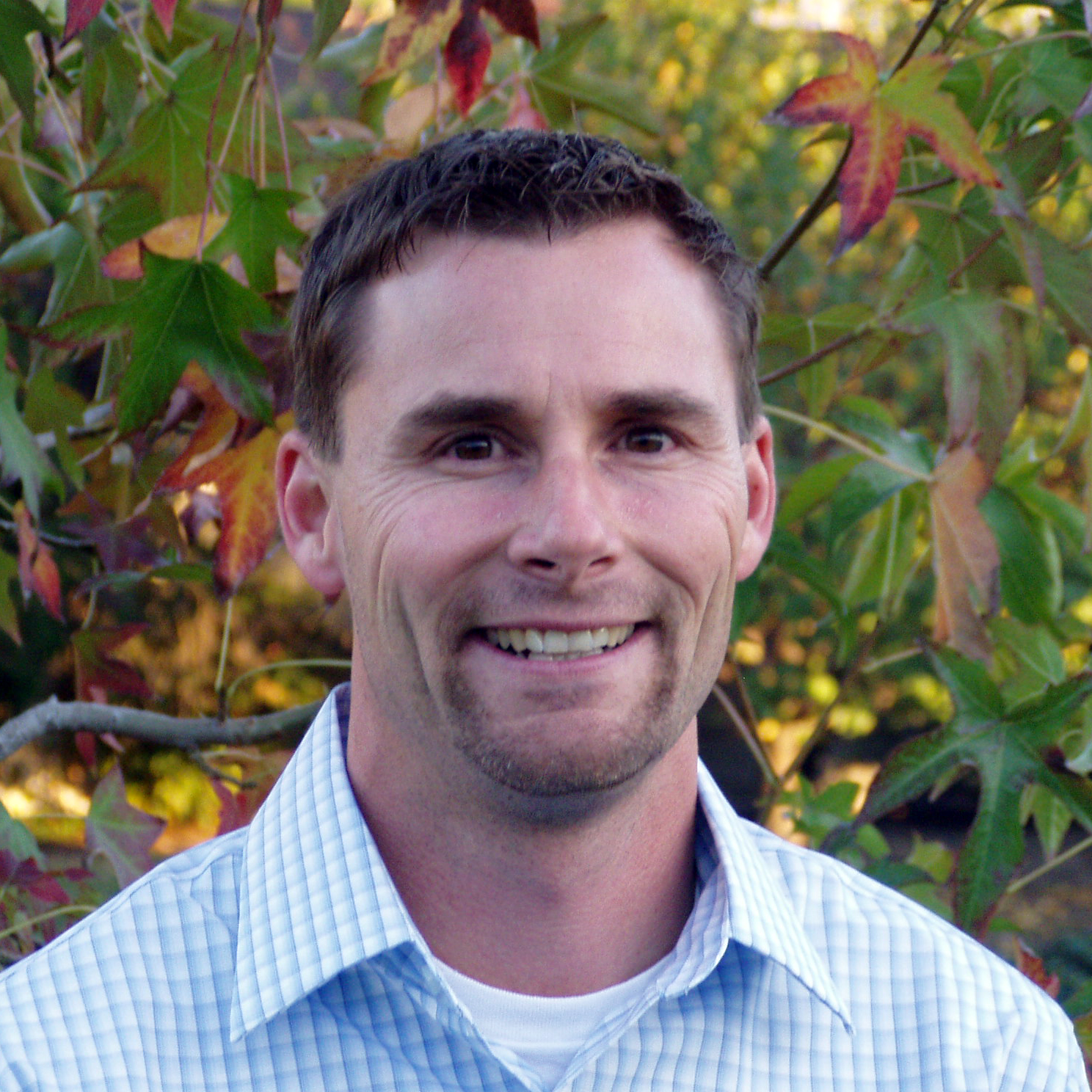
Todd A. Alonzo, PhD
University of Southern California
Professor of Research, Department of Population and Public Health Sciences, Keck School of Medicine
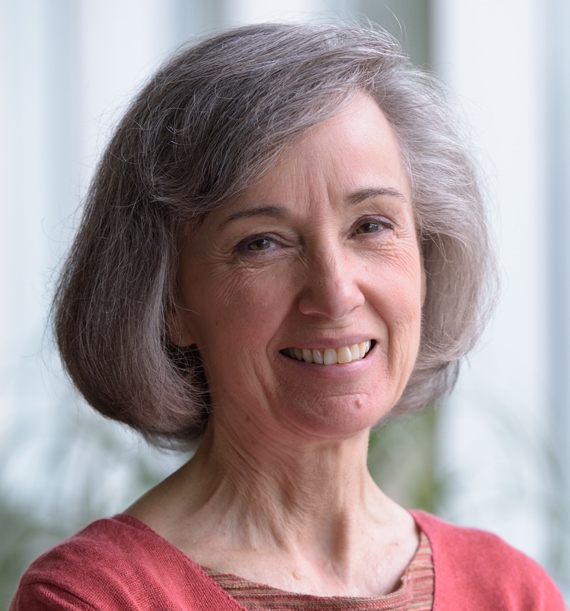
Cheryl Asa, PhD
Association of Zoos and Aquariums Reproductive Management Center
Advisory Board Chair
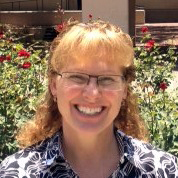
Janet Baer, DVM
Veterinary Consulting Services, PLLC
Chief Executive Officer
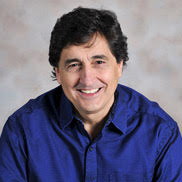
David A. Brake, PhD
BioQuest Associates, LLC
Founder and President
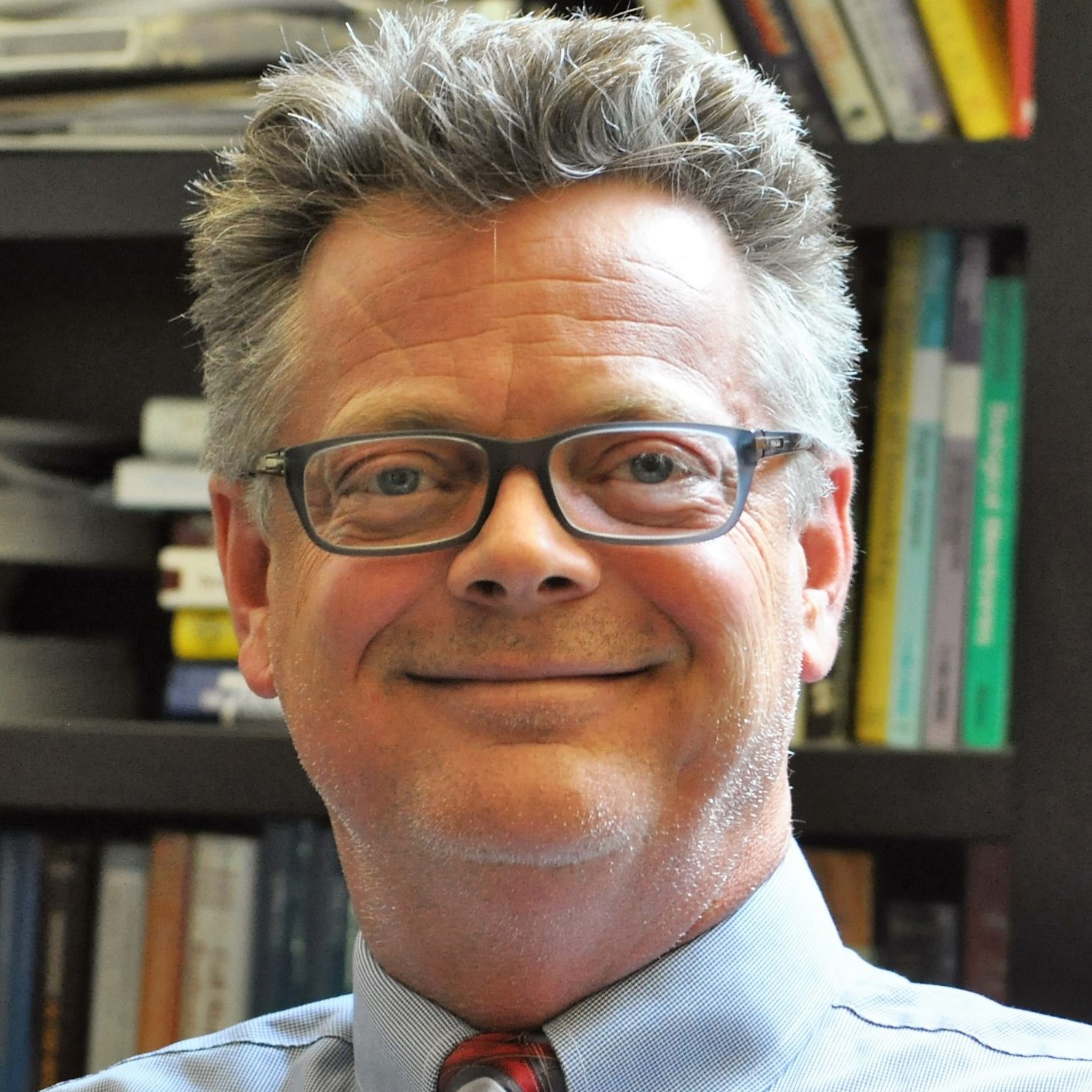
Graham Cox, PhD
Veterinary Vaccine Services, Inc.
Founder and President
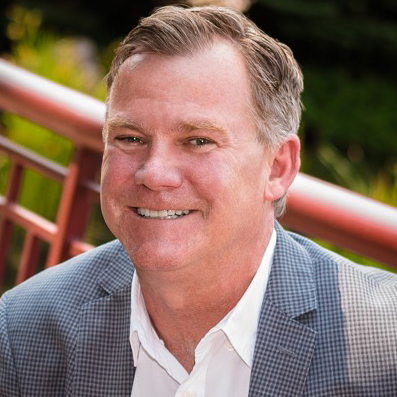
Kevin N. Morris, PhD
Institute for Human-Animal Connection, University of Denver
Research Professor
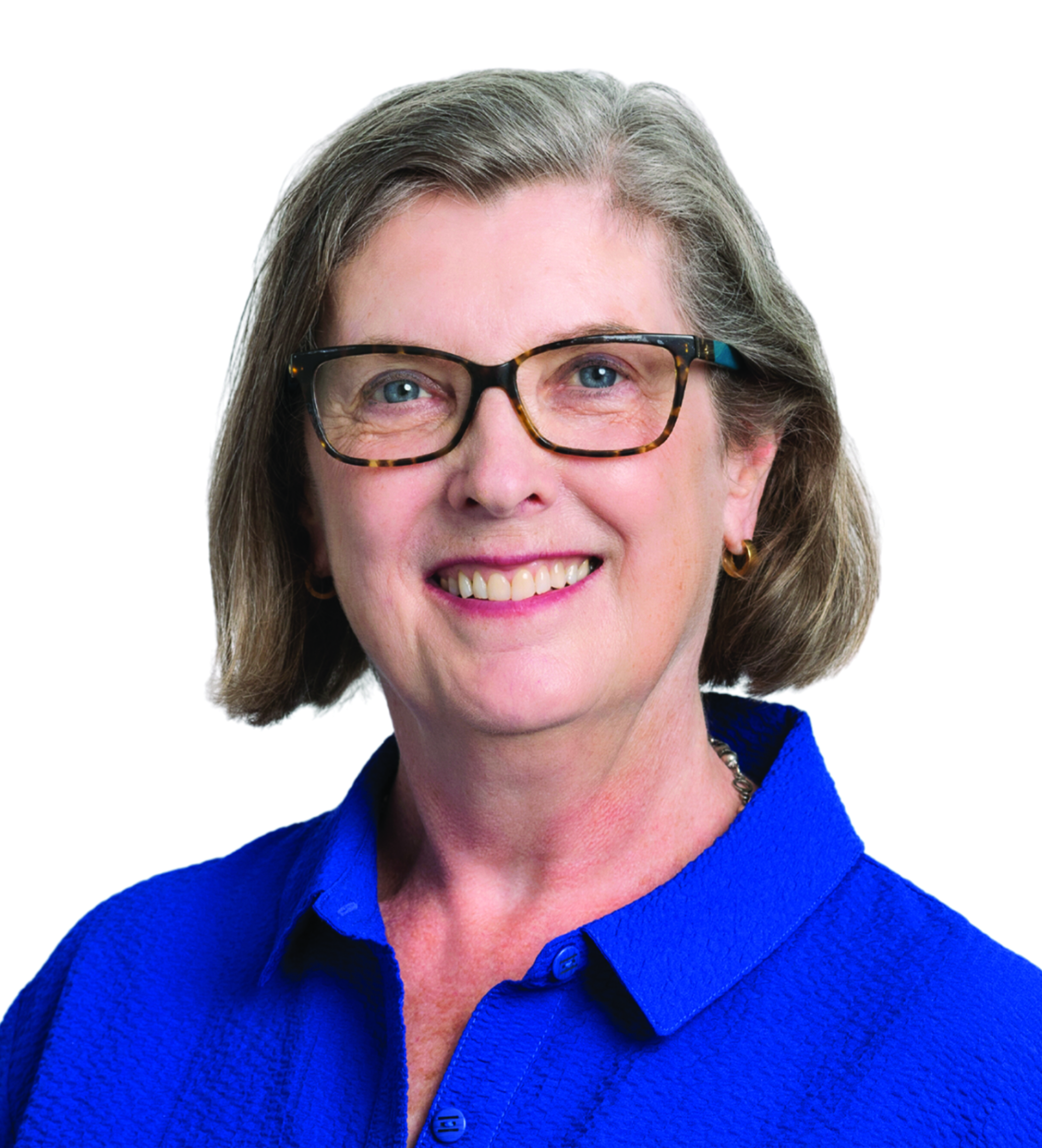
Linda Rhodes, VMD, PhD
Independent Consultant
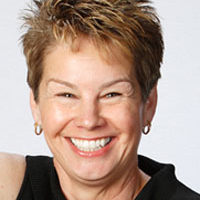
Amy A. Ross, PhD
University of Southern California
Trustee
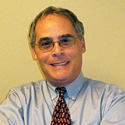
Donald Schwartz
Elders-Rede, LLC, Animal Health Advisors
Managing Director
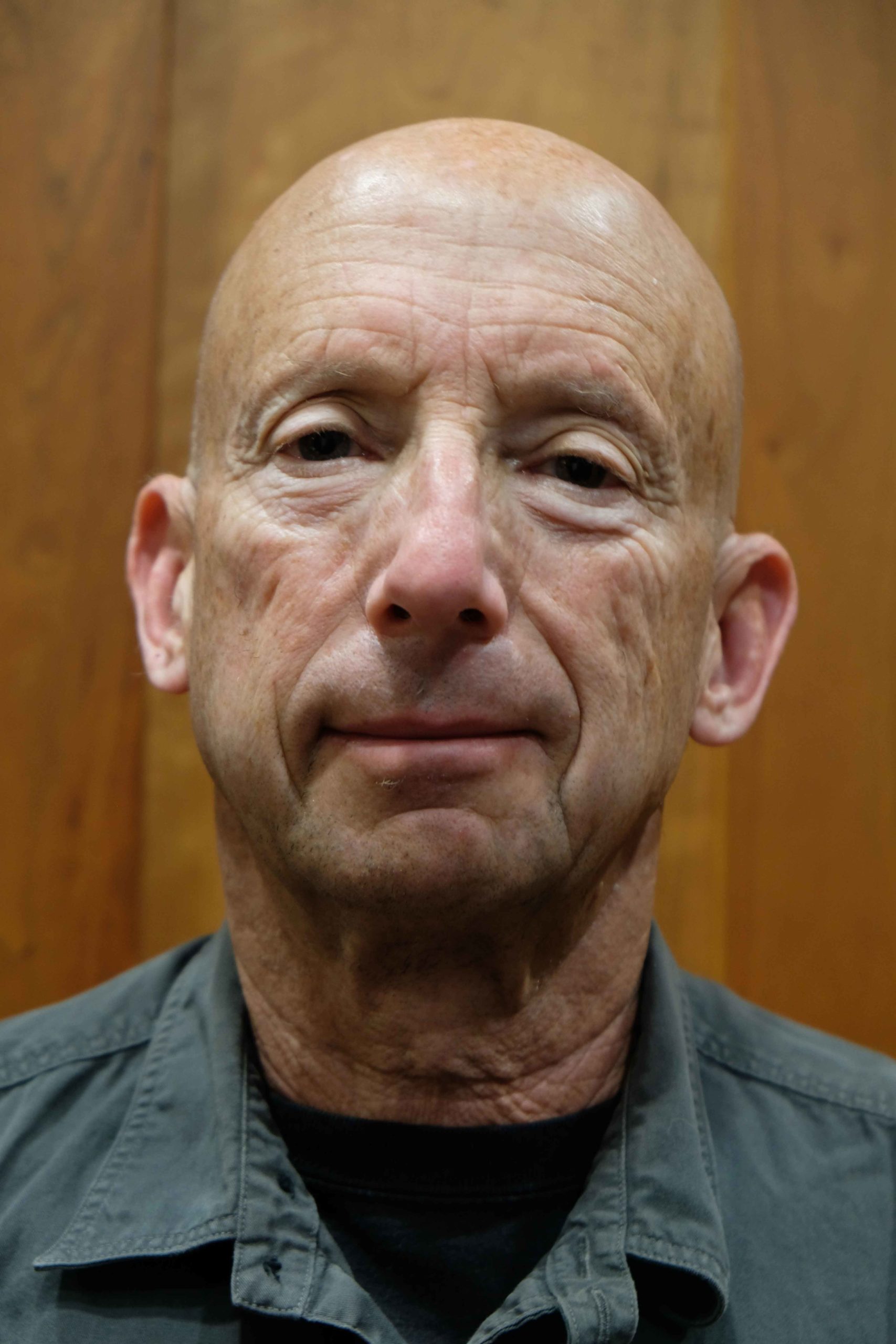
Richard Surosky, PhD
Independent Consultant
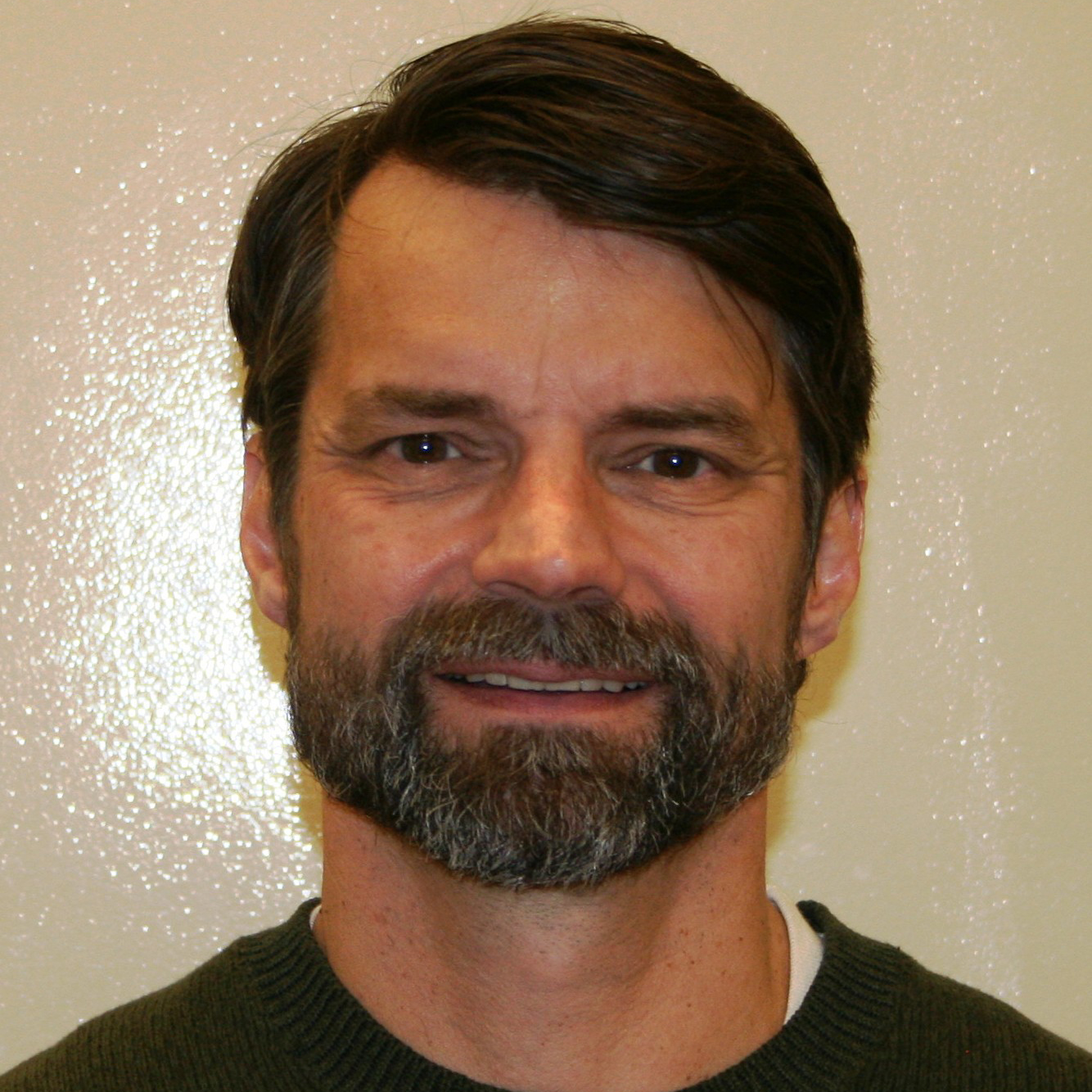
William F. Swanson, DVM, PhD
Cincinnati Zoo and Botanical Garden
Director, Animal Research, Center for Conservation and Research of Endangered Wildlife
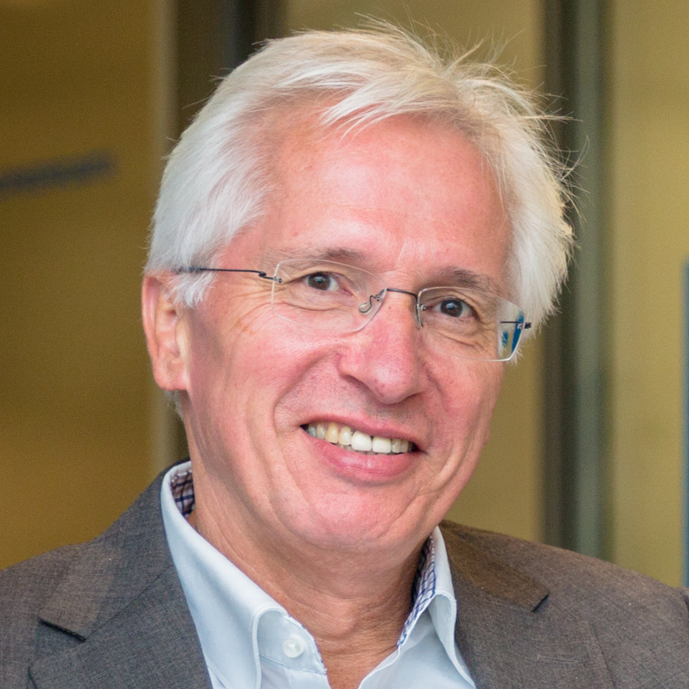
Marcel van Duin, PhD
Organon
Head of External Innovation and Emerging Science
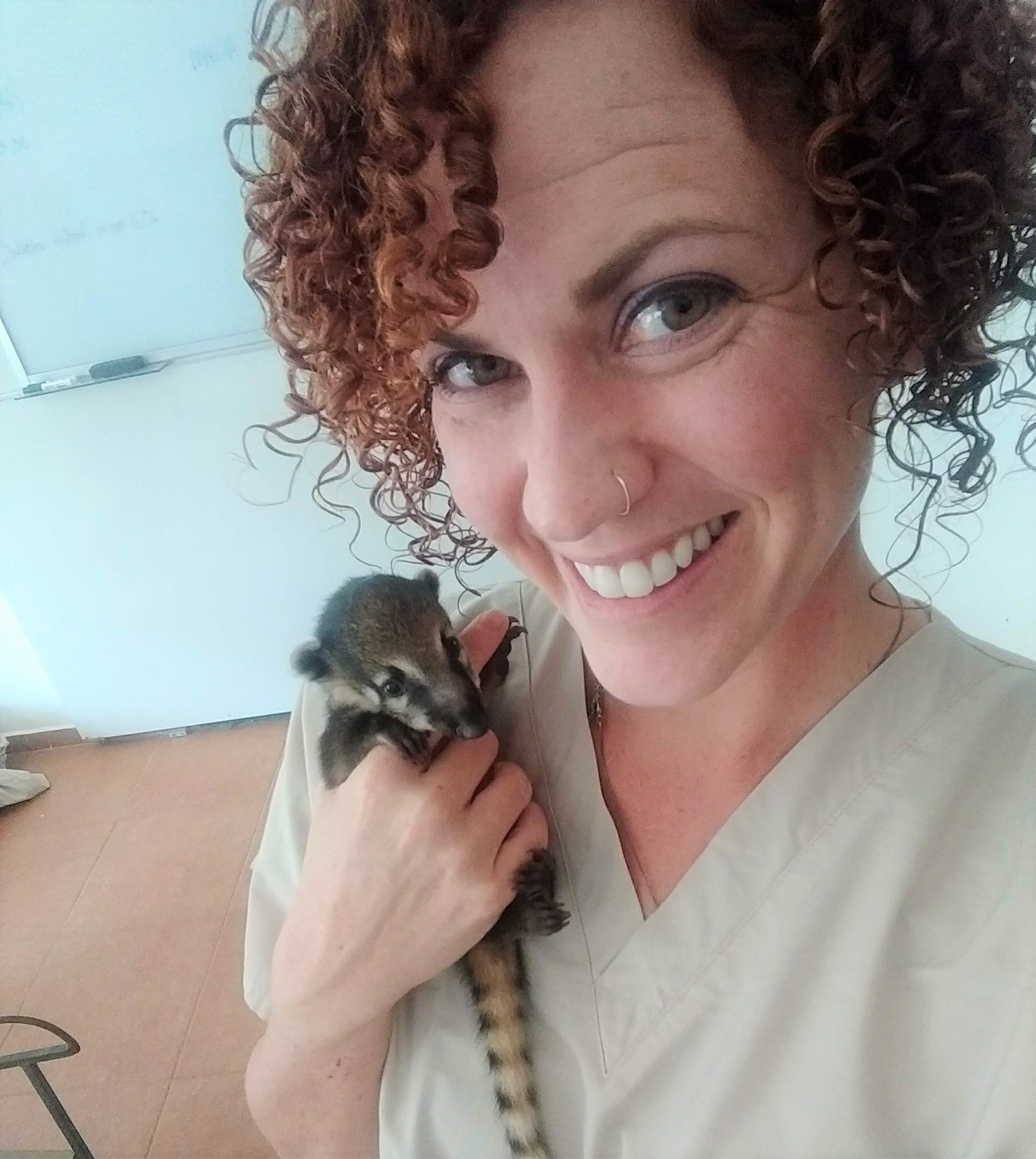
Lindsey Vansandt, DVM, PhD
Center for Conservation and Research of Endangered Wildlife (CREW), Cincinnati Zoo & Botanical Garden
Theriogenologist
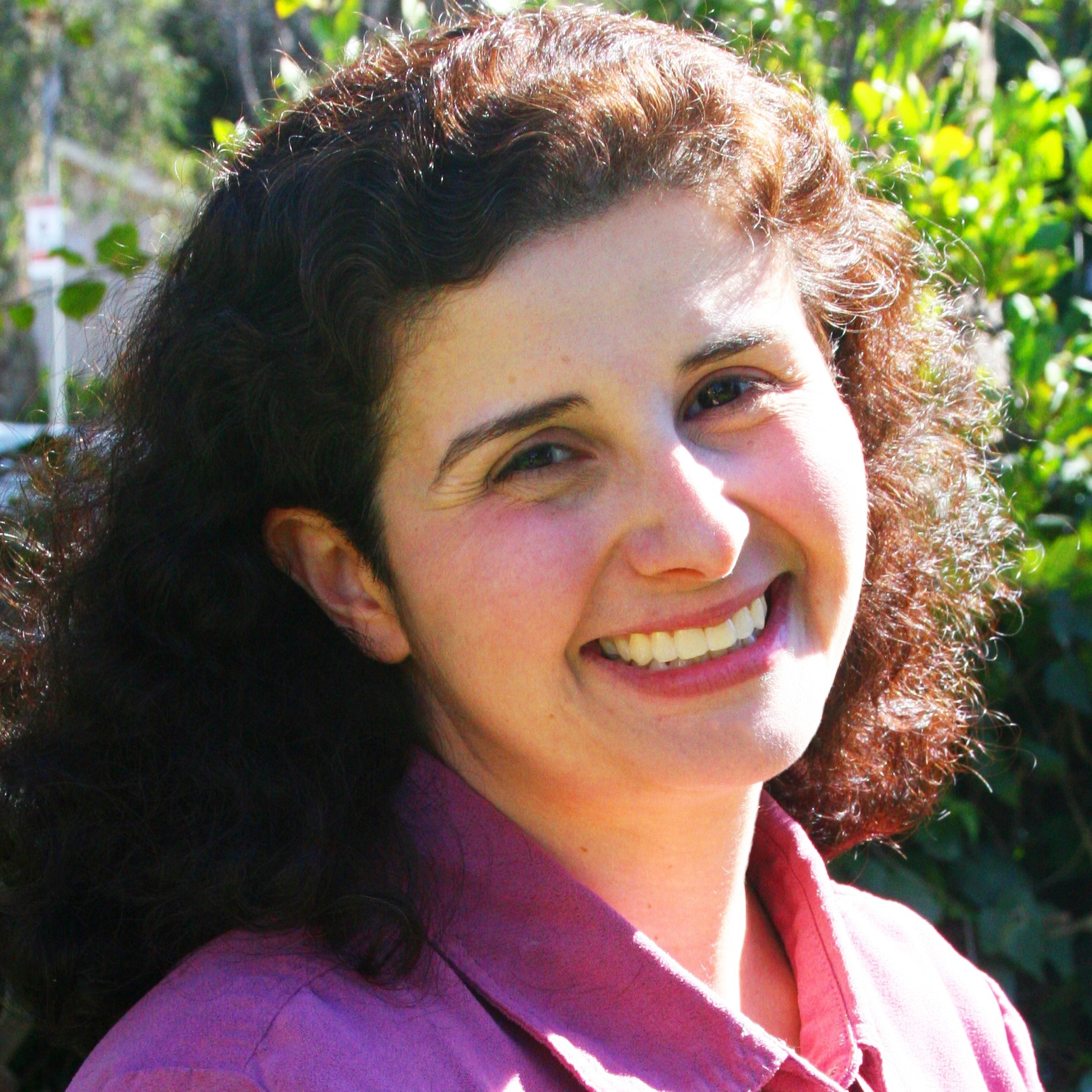
Joanne Zahorsky-Reeves, DVM, PhD
University of California, Los Angeles
Regulatory Affairs Program Administrator, Division of Laboratory Animal Medicine, David Geffen School of Medicine
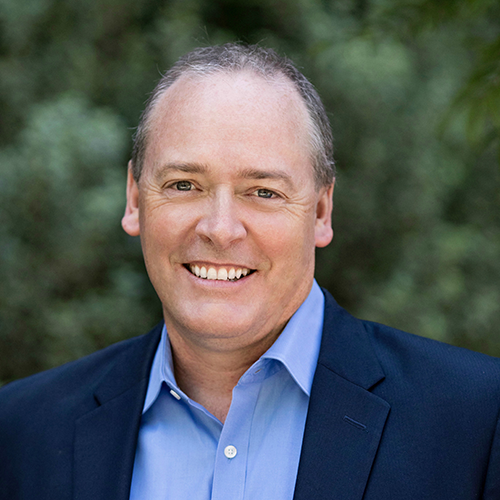
Brett Yates
Michelson Found Animals Foundation
Chief Executive Officer and Ex Officio Member
